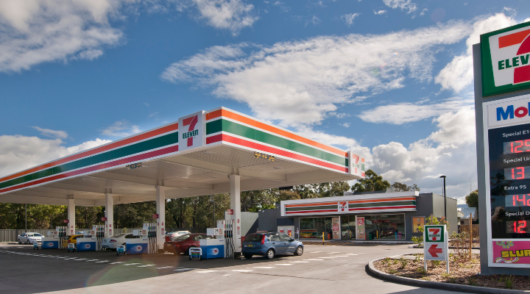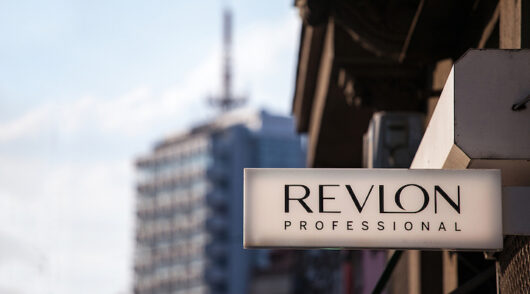The importance of good governance and compliance in security operations was one of the key takeaways from the recent inquiry into Victoria’s hotel quarantine system, where basic security mistakes helped contribute to a second wave of Covid-19 and over 100 days of strict lockdown in Melbourne.
“What Certis Security Australia has learned from Covid-19 is that doing things systematically is key to ensure business continuity and reducing disruption to operations,” Christian Dorau, General Manager of Business Development Services at Certis Security Australia, said.
“Businesses need to make sure they’re selecting the right people with the right licensing, supporting them with training that’s specific to the customer’s site and of course paying a fair wage.”
Getting security right is especially important for retailers, shopping centres and facility management companies in the era of Covid-19, since (depending on their location) they might need to perform temperature checks, maintain safe distancing and carry out other tasks to support the government’s containment efforts and reduce the risk of further disruption.
“Doing things the right way can help prevent temporary closures and help maintain business continuity. Certis Security Australia understands businesses are struggling to cope with compliance and managing costs, but it is a great opportunity to rethink how to utilise technology and staff,” Dorau said.
Progressive security companies focus on customised tech-enabled solutions that analyse distinct needs through the lens of an integrated workforce to enhance operational efficiencies and productivity while delivering desired retail operation outcomes. Simply hiring additional physical security staff is impractical if not impossible for many businesses right now when revenues are down and margins are under pressure. But investing in additional technology may not be necessary or effective on its own. What’s needed, according to Dorau, is a fundamental rethink of security operations and their related services.
“Now more than ever, we need to have a holistic view of how these things come together with technology to be more cost effective in the long run and even in the short term,” he said.
For Certis Security Australia, this requires design thinking.
Start with ‘what good looks like’, then work backwards
Design thinking is a customer or user-first approach to problem solving, so that any product or service that comes out of it is actually helpful, not just innovation for innovation’s sake. But while design thinking is common in technology companies, it’s not widespread in the security sector.
“We’re taking design thinking to a market that’s ready for change,” Dorau said. “I see it as a new requirement in the industry.”
Design thinking is at the heart of Certis Security Australia’s Business Process Re-Engineering & Operations (BPRO) solution, which helps to optimise its clients’ investment in security operations and reduce costs.
The first thing the company does is conduct a comprehensive security assessment to identify potential areas of improvement, followed by a feasibility study to consider what if any additional technology will be required, taking into account all the different maintenance, cleaning and other service providers they engage with.
“We’ll spend 80 per cent of our time understanding the problem and the environment and 20 per cent of the time diagnosing the solution,” Dorau said. “In many cases, we identify issues the customer doesn’t always think about.”
“We start with what good looks like and then work backwards,” Dorau explained. “We don’t go in with a pre-determined expectation of how our solutions need to be applied, rather we learn together with the client.”
Through this process, Certis Security Australia has helped one of the world’s largest beverage manufacturers cut its security spend by greater than 20 per cent, returning a few million dollars to the bottom line each year. This was done by suggesting the company reduce its investment in physical security, where labour costs are rising, and increase its use of technology solutions, which are becoming more affordable. But most importantly, enhancing the overall effectiveness of the client’s requirements, while, for example, reducing errors that could be caused by fatigue
Another client, a large global mall business, gained higher levels of satisfaction and returned shoppers after working with Certis Security Australia.
For Dorau, design thinking should drive every organisation’s approach to security, and retailers should be looking to companies like Certis Security Australia for innovative solutions to enhance an outcome for their business.
“It’s about adopting a problem-solving approach with the customer in mind and creating optimal solutions,” he said. “Customers should demand it from their security provider, whether it’s us or someone else.”
Find out more about Certis Security Australia’s BPRO solution here.






